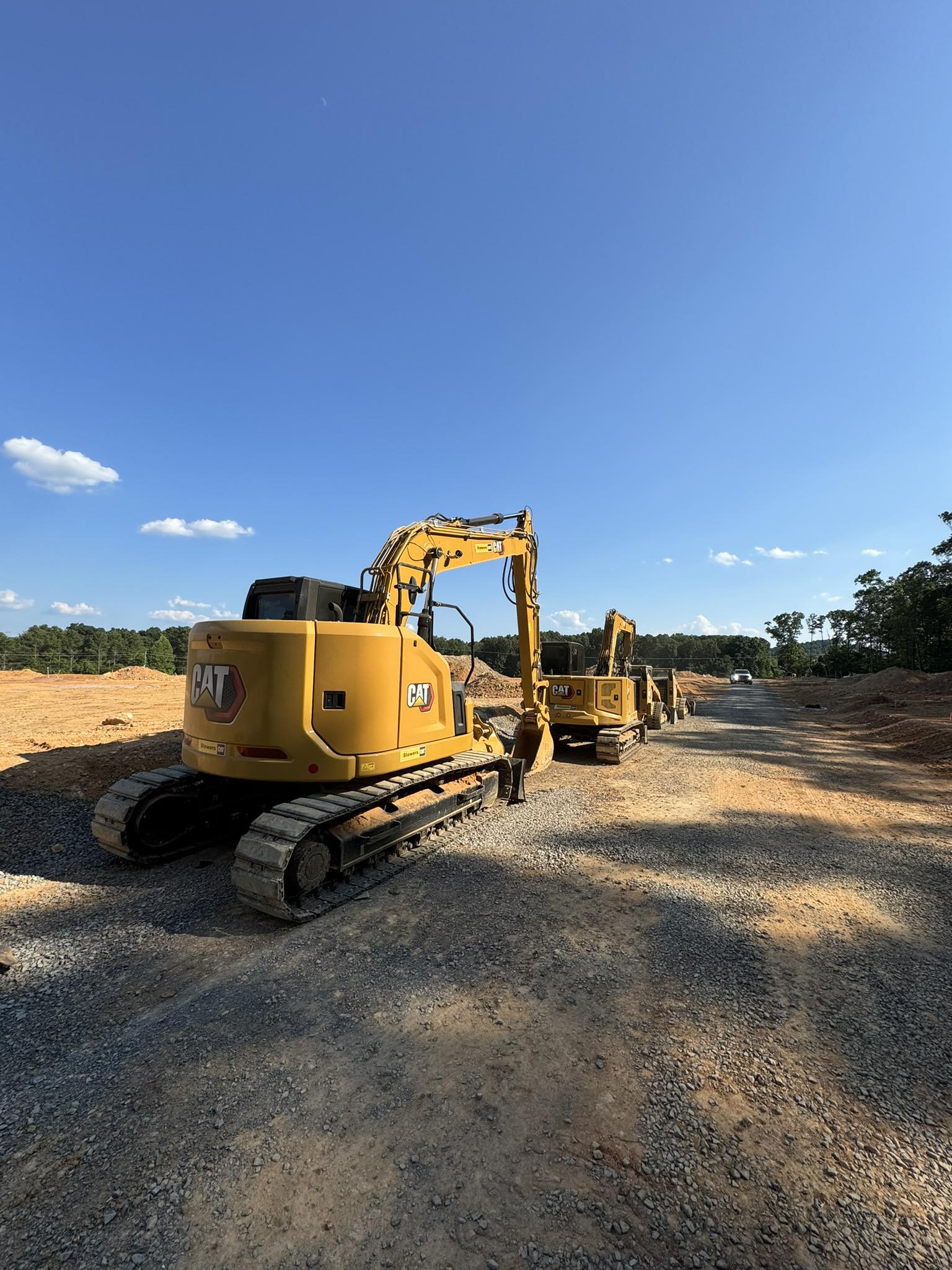
Understanding the Environmental Impact of Modern Excavation Methods Aug 14, 2025
Excavation plays a critical role in construction, landscaping, and infrastructure development. Modern methods focus on efficiency and minimizing ecological disruption. Traditional excavation methods often involved excessive land clearing and substantial emissions from heavy machinery, which negatively impacted local habitats and contributed to pollution. However, modern techniques are tailored to reduce such effects and promote sustainable practices.
One key approach is the implementation of precision excavation. This method employs advanced technology such as GPS and laser systems to ensure that earthmoving is as accurate as possible. Precision excavation minimizes the unnecessary removal of soil and reduces disturbance to surrounding areas. By using technology-driven strategies, Southeast Land Services can maintain the integrity of the environment while efficiently completing projects.
Another critical component of eco-friendly excavation is the management of the materials that are uncovered during the process. Strategies such as soil reclamation and reuse help limit waste. Instead of allowing displaced soil to contribute to landfill mass, this soil can be repurposed within the same project or for future use. It’s a practice that not only curtails waste but also conserves resources and reduces costs—a benefit that is often passed down to clients in the form of more competitive service pricing.
The use of alternative fuels in excavating machinery is another environmental consideration. Many pieces of equipment now operate on biodiesel or electricity, which represents a significant reduction in carbon emissions compared to traditional diesel-powered machines. Southeast Land Services is committed to integrating eco-friendly alternatives into their operations, demonstrating leadership in sustainable excavation.
Water utilization and management come into play as well. Efficient water use during excavation is essential to protect natural water sources and prevent contamination. Advanced systems in modern excavation equipment can reduce water wastage and enhance conservation. Additionally, water management should also consider the careful handling of potential run-off results from digging activities, ensuring that local waterways remain uncontaminated.
Effective communication and planning are also pivotal in modern excavation projects. By working closely with clients to understand the unique characteristics of each site, companies like Southeast Land Services can tailor their approach to mitigate environmental impacts. This proactive consultation and planning help prevent unforeseen environmental damage and support compliance with environmental regulations.
Modern excavation processes show a thoughtful balance between necessary land development and ecological stewardship. By emphasizing precision, waste reduction, alternative fuels, and efficient resource management, Southeast Land Services positions itself as a leader in sustainable excavation practices. For customers seeking an excavating company that prioritizes the environment while delivering outstanding services, understanding these modern methods highlights the important advantages of partnering with a forward-thinking provider.
In conclusion, while any form of land development can carry environmental implications, adopting modern excavation methods significantly mitigates negative effects. These approaches align with a growing consumer demand for environmentally conscious services, contributing to a healthier planet and demonstrating a commitment to sustainability. By staying informed about these methods, clients and companies together can make responsible choices that benefit both the environment and communities at large.
/filters:no_upscale()/media/fc0c6c98-a315-44c2-a232-b8ba9cdbd1e5.jpeg)
/filters:no_upscale()/filters:format(webp)/media/a9dead03-2ff7-4370-b41b-bb826dc6cdb8.jpg)